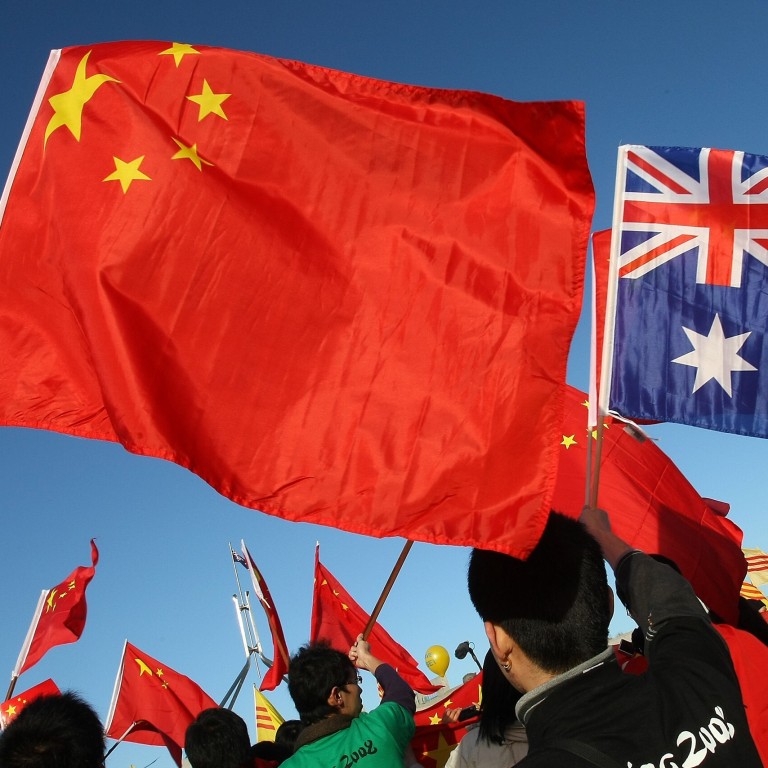
Australians ‘at risk of arbitrary detention’ in China, government warns
- New advice is likely to further unsettle relations already strained by trade disputes, allegations of espionage and the national security law for Hong Kong
- Australian government advice for China and Hong Kong remains ‘do not travel’, in accordance with the blanket ban in response to coronavirus pandemic
“Authorities have detained foreigners because they’re ‘endangering national security’,” the updated advice for China on government website Smartraveller said. “Australians may also be at risk of arbitrary detention.”
UK needs a new law too, or more firms like HSBC will side with China on Hong Kong
Chinese foreign ministry spokesman Zhao Lijian said on Tuesday he was not aware of the updated advice, adding that China upheld the rights of foreigners in the country and law-abiding residents had nothing to worry about.
Darren Lim, a lecturer in international relations at Australian National University (ANU), said the updated advice indicates serious concern within diplomatic circles for the safety of Australians in China.
“It’s a big deal insofar as the government is telling Australians there is a real safety issue, the phrase ‘arbitrary detention’ is not something you use lightly,” Lim said. “It will certainly attract Beijing’s ire, though PRC has issued its own travel warning recently so they cannot really complain.”
“It’s likely we will see many nations provide truth in advertising when it comes to their China travel advice for a long time to come,” Medcalf said.
Canberra last week updated its travel advice for Hong Kong to warn travellers about the city’s controversial new national security legislation banning secession, subversion, terrorism and collusion with foreign forces. The updated advice warns Australians the law could be “interpreted broadly” and unintentionally breached.
Beijing earlier threatened to take “countermeasures” against Britain after it announced it would offer a pathway to citizenship to some 3 million Hongkongers eligible to hold British National (Overseas) passports.
Chinese-Australians hunt white men who hit Asian delivery rider
China’s education and culture ministries last month warned citizens against travelling or studying in Australia, citing a reported uptick in racist incidents against Asian people due to the pandemic, prompting Foreign Minister Marise Payne to accuse Beijing of spreading “disinformation”.
Beijing’s advisory and earlier restrictions on imports of Australian beef and barley were widely interpreted in Australia as retaliation for Canberra’s support for an international independent inquiry into the origins and spread of the coronavirus.

